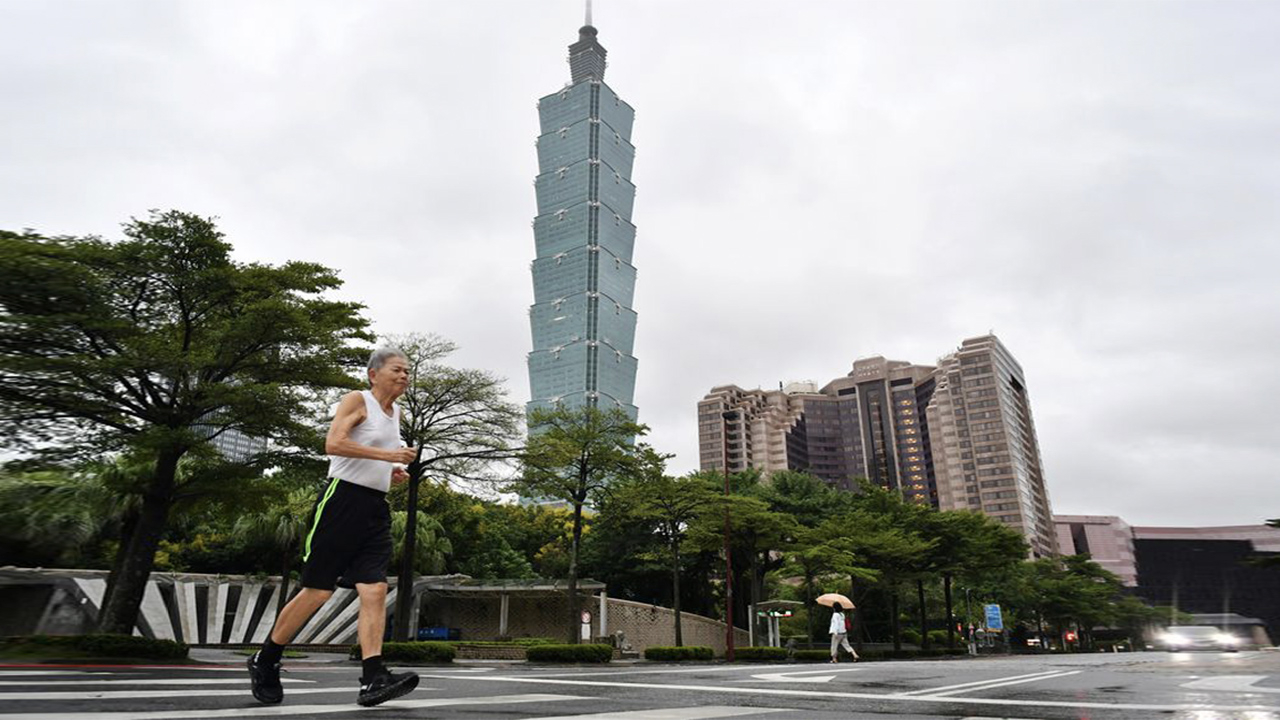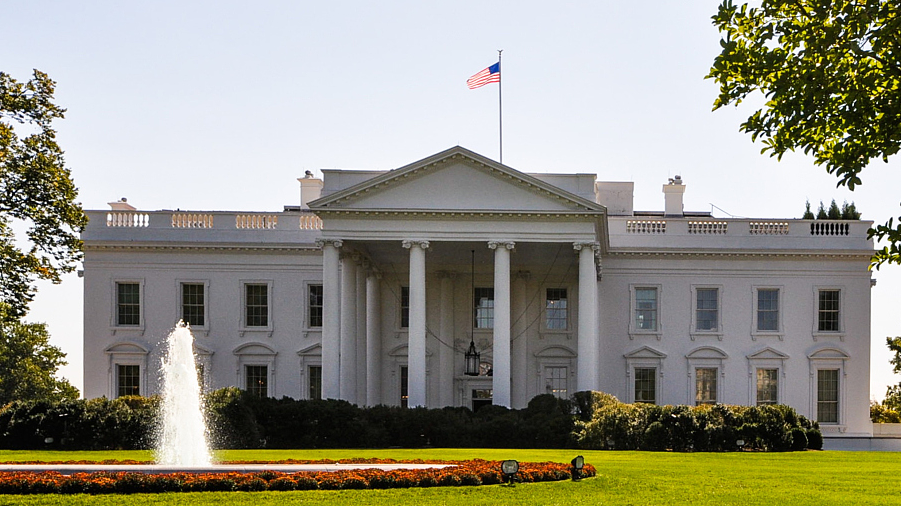
The Taipei 101 skyscraper in Taipei, southeast China's Taiwan, October 1, 2019. /Xinhua Photo
The Taipei 101 skyscraper in Taipei, southeast China's Taiwan, October 1, 2019. /Xinhua Photo
Editor's note: Andrew Korybko is a Moscow-based American political analyst. The article reflects the author's opinions, and not necessarily the views of CGTN.
A lot of analysts are talking about the upcoming Taiwan leadership elections this weekend, but few have covered the U.S.' interests in the outcome. The so-called "connections" between Taiwan and the U.S. have had their ups and downs throughout the decades, being improved or worsened depending on the contemporary situation of China-U.S. ties. In fact, that's Taiwan's only real purpose vis-a-vis American foreign policy, which is to be exploited by the U.S. as political leverage against Chinese mainland from time to time.
The past year saw U.S. "support" for Taiwan seesawing yet again. On the one hand, "ties" have comparatively weakened somewhat as a result of the China-U.S. trade talks successfully resulting in an agreement on "phase one" of a more comprehensive trade deal.
On the other hand, the recent trend of a slew of states rescinding their "recognition" of Taipei prompted American legislators to pass the so-called "Taiwan Allies International Protection and Enhancement Initiative" (TAIPEI) Act of 2019.
That law obligates the U.S. to provide more "support" for the island's renegade government in all spheres and to consider punishing those countries that distance themselves from Taiwan. It's certainly an interesting piece of political leverage, but it was meant as more of a symbolic boost for incumbent Tsai Ing-wen than anything else since it's unlikely that the U.S. will prioritize that single issue over the rest of the many others in its bilateral relations with other states, thus reducing the chances of practical implementation in that respect.
To an extent, it can therefore be said that this act represents the U.S.' indirect attempt to help Democratic Progress Party (DPP) win re-election by making it seem like America is finally responding to DPP's plea to do something to reverse the trend of other states cutting their "ties" with Taiwan over the past few years.
The U.S. is signaling that it still regards its "relations" with Taiwan as important and that the island is still its political proxy to be exploited as leverage against the Chinese mainland, but it's nevertheless unlikely to drastically shape the outcome of this weekend's vote.

But compared with the political issues, the average resident of the island is relatively more interested in local issues which are naturally expected to predominate during the election. Tsai Ing-wen, however, has an interest in overplaying the influence of the TAIPEI Act in a bid to reassure her base that the U.S. "supports" Taiwan.
It still does, there's no question about that so long as it retains some sort of the alleged "relations" with it and periodically sells it arms, but the intensity of their "ties" is always dependent on U.S.' relations with the Chinese mainland.
Bearing this in mind, there are several scenarios that could foreseeably play out after the elections. Should Tsai Ing-wen win, then the U.S. might positively respond to her predictably more aggressive policies during her second term per the strategy of exploiting the island as leverage against the mainland.
If it expresses disinterest out of respect for the recent trust that was established between the U.S. and China through "phase one" of the trade deal, then she might try to provoke Chinese mainland in order to create the pretext for more "support".
Should she lose, then her main opponent from the Kuomintang party is expected to reverse DPP's policies and attempt to pioneer a more pragmatic relationship with the Chinese mainland. The U.S. might accept this out of the respect for the aforementioned China-U.S. trust that was recently reaffirmed or it might decide to "compete" for Taipei with the Chinese mainland by offering up more political, economic, and possibly even military incentives per the proxy exploitation strategy that was earlier discussed.
The primary variable influencing all four scenarios isn't even so much who wins, but how the U.S. reacts to that outcome and whether it decides to take advantage of each of the two main scenarios (Tsai Ing-wen either winning or losing) in order to put more pressure on Chinese mainland that would be at variance with the spirit of trust established between the two through "phase one".
With Trump's hands tied with the Mideast and impeachment, however, he might not be too eager to start problems, though his "deep state" might differ.
(If you want to contribute and have specific expertise, please contact us at opinions@cgtn.com.)